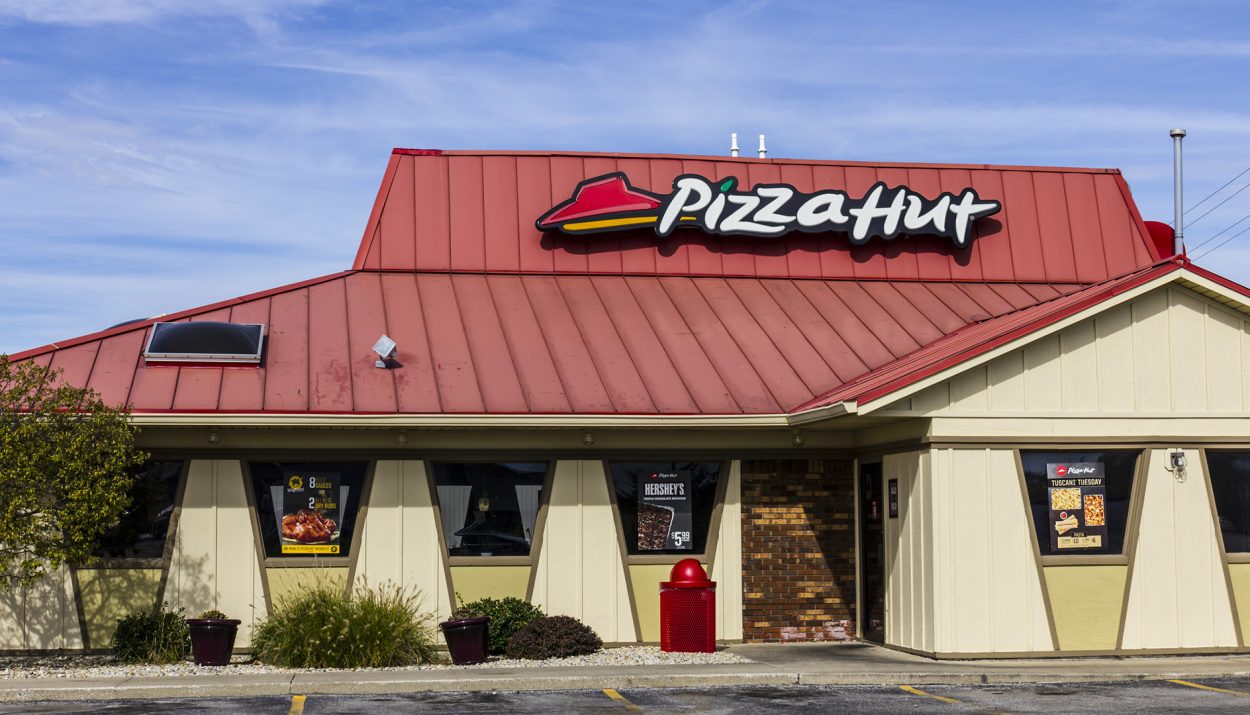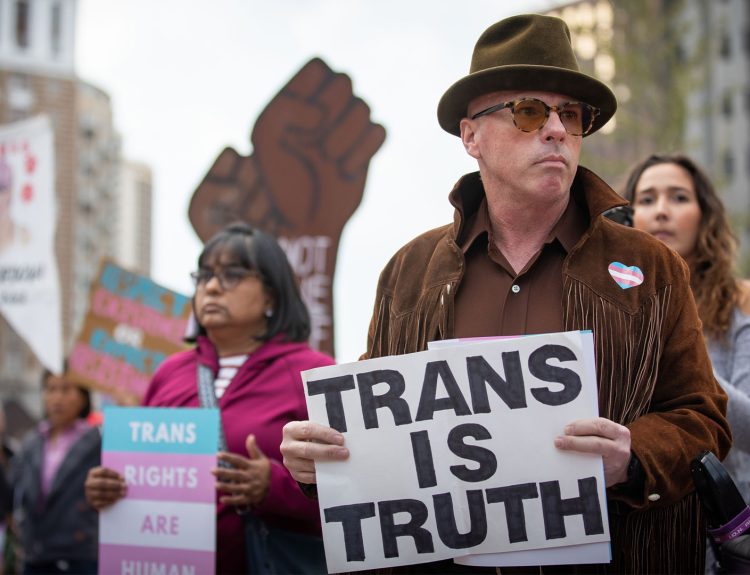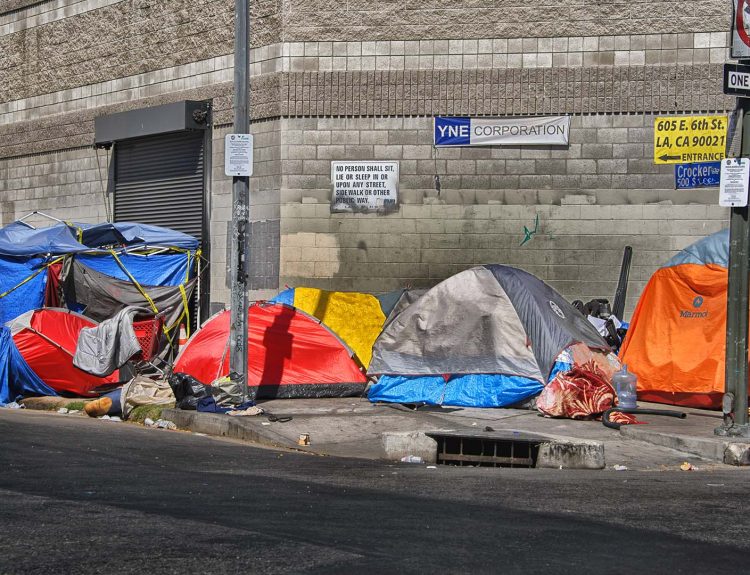California implemented a new minimum wage law that requires employers to pay their workers $20 an hour. As the law rolls out, many fast-food workers are being sent home because their employers can’t handle the amount of workers they need to pay at this increased rate. Let’s see what this could cause for thousands of Californians.
Report Paints a Grim Picture
The Wall Street Journal commissioned a study into businesses in California to see how they were planning to deal with the wage hike since it would cost them more to hire employees.

The results were staggering, with hundreds of jobs on the cutting line and additional consolidation methods such as fewer hours for employees and hiring freezes coming into play.
Unions Responsible For Wage Rise
A continued push by local unions saw California Governor Gavin Newsom sign the increased minimum wage into law in September of last year. It was supposed to help minimum wage workers.
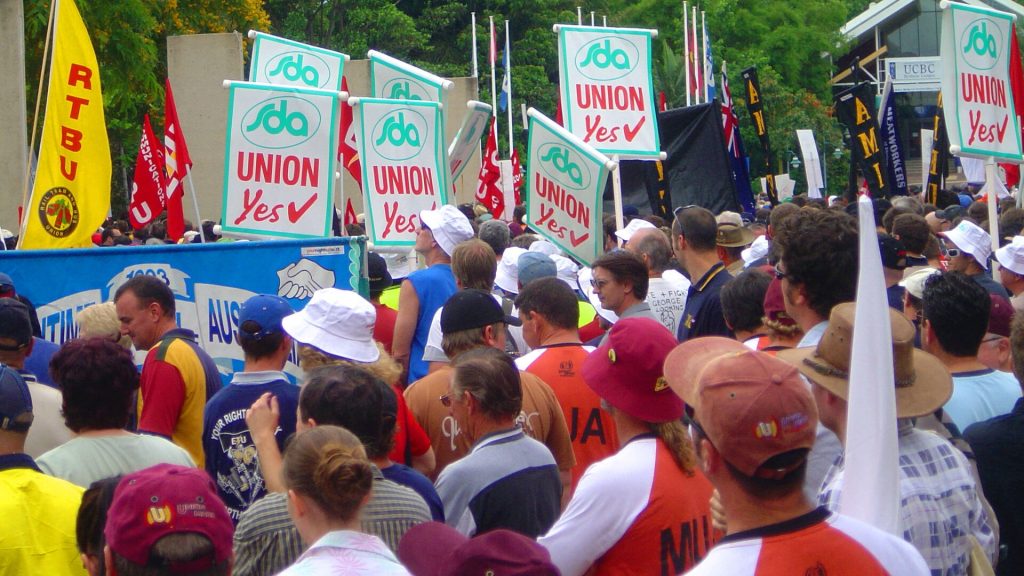
Unfortunately, based on the current behavior of companies, this might have the opposite effect. Hundreds of people will lose their jobs. With hiring freezes on, they might not even get another one.
Layoffs Started Since 2023
While it might seem drastic, the layoffs at fast-food places and other restaurants started at the end of last year. Many of them knew that the law was coming into effect, and they had to shed their excess workforce.

In December, the national chain Pizza Hut announced that it had cut over 1,200 workers. Additional research showed that the chain was freezing its delivery services indefinitely to deal with the wage rise.
Many Companies Outsourcing
Pizza Hut didn’t want to cut its delivery services completely, so it decided to hire a third-party company to handle those services. The chain wouldn’t need to pay delivery workers then.
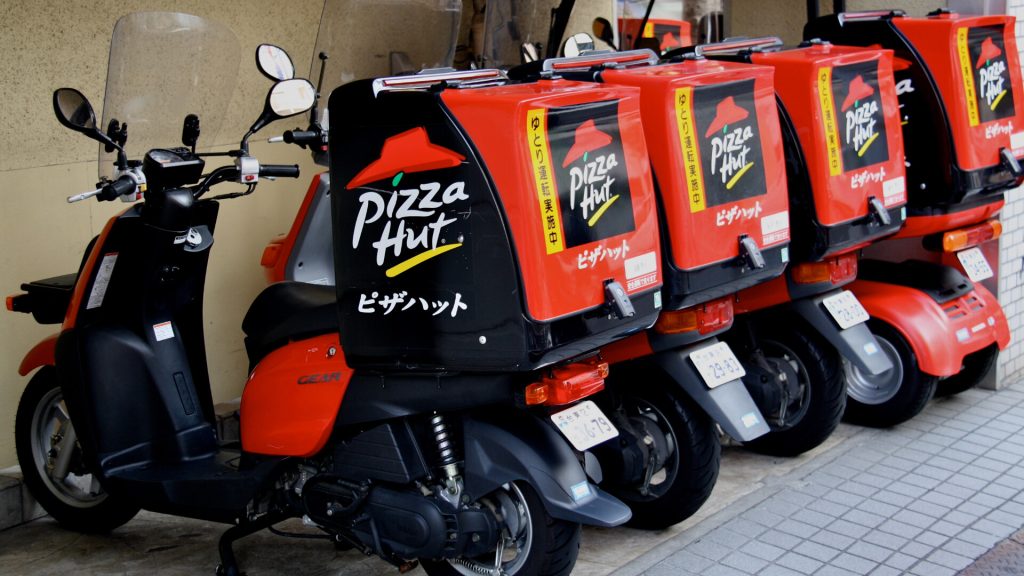
Many other companies have adopted similar measures to deal with the rising costs of employment. Pizza Hut management said that they saw this as a shift of jobs to other companies.
Pizza Restaurants The Hardest Hit
According to recent data, pizza places are the most impacted restaurants in California. And that doesn’t mean just the vast chains like Pizza Hut, either. Smaller chains are also feeling the crunch.

Both Round Table Pizza and Excalibur Pizza will see massive layoffs. Hundreds of employees will go home because their employers can no longer pay them.
Newsom States No Exemptions
The legislation defines what a “fast-food restaurant” encompasses. It covers any place that sells boba tea, donuts, pretzels, coffee, or ice cream, hitting a lot of small businesses.
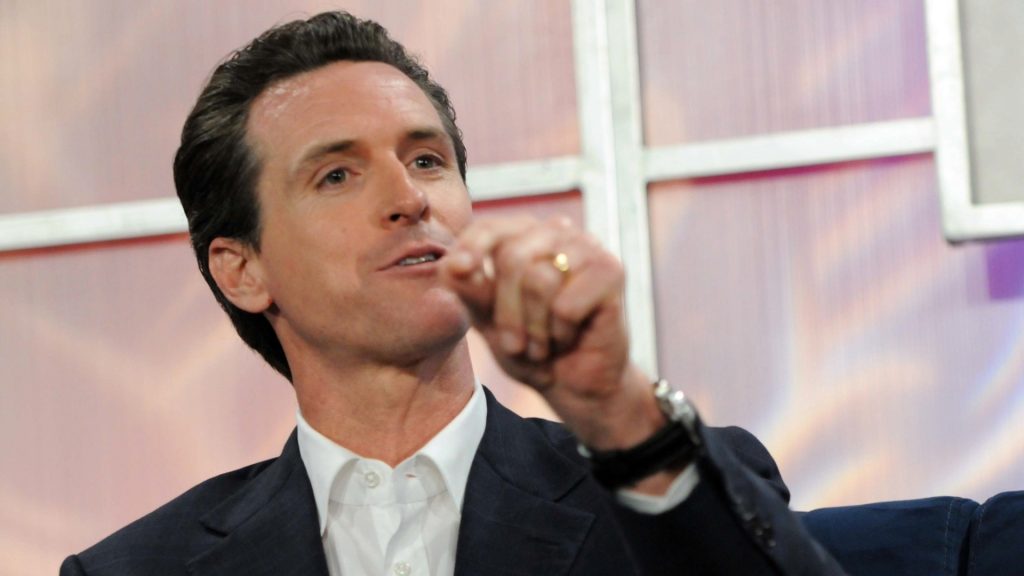
Some legal commentators have noticed that the law’s broad scope could extend even further. Businesses selling sweets or drinks may also count towards the businesses the bill covers.
Panera Tries a Workaround and Fails
Greg Flynn, who owns the Panera franchise in California, intended to use a loophole to avoid increasing his workers’ wages. The loophole exempted businesses that baked bread on premises from the wage hike.
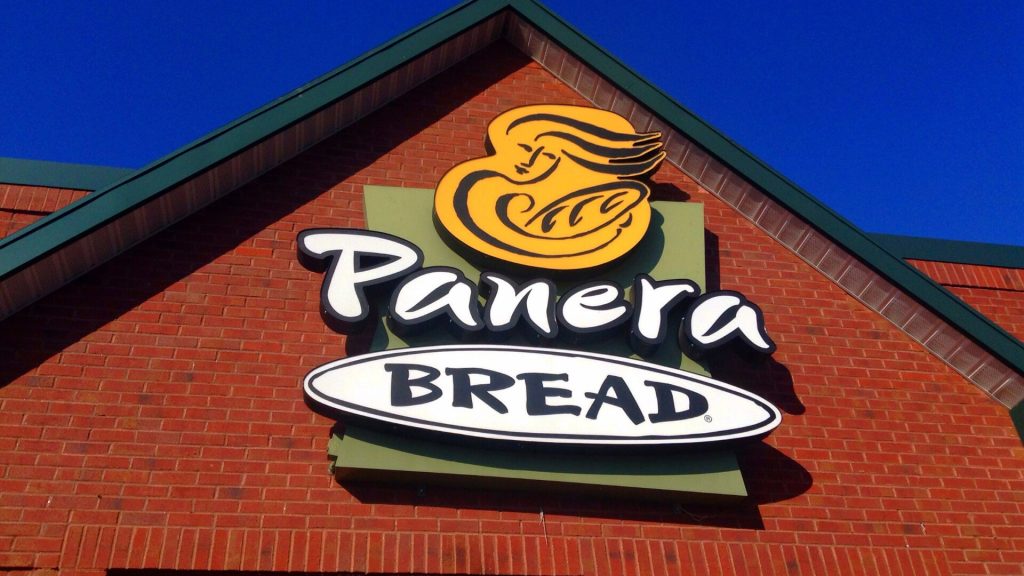
Newsom was having none of it. He stated that Panera would still need to pay their workers the newly stated minimum wage and that making bread on premises wouldn’t get them an exemption.
Other Brands Scrambling to Comply
Chipotle recently said that it would have no choice but to comply with the new law in California. Because of this, prices in California will be higher than in other parts of the US.

Starbucks is checking the legislation to see if it covers their business. The coffee chain recently closed down seven of its stores in California and raised wages by 3% last January.
Minimum Wage Californians Suffer
Wages are like everything else on the market. Employers offer certain wages, and employees agree to work for those wages. When government meddling occurs, things fall apart.

A minimum wage so high above the federal rate is expected for a state with areas with such a high cost of living. However, forcing employers to hike wages will send people home.
Employers Manage Wages Best They Can
Small businesses in many parts of California are feeling the pinch. While big chains can simply cut jobs and increase prices, these measures have heavily affected small business owners.

Employees of these businesses get paid based on the tiny margins they make while competing with more extensive franchises. This might kill these businesses altogether.
The Law Only Directly Affects Chains
The law was drafted to force chain stores to pay workers a fair wage, but unforeseen circumstances always prevent a particular law from achieving its intended results.

Legislators failed to realize that forcing this wage would also require smaller stores to offer similar wages or risk losing workers to chain stores.
Franchisees Also Worry
Owners of chain franchises are also worried that their plan to increase prices will backfire. Consumers expect fast food to be cheap, and price hikes would be bad for everyone.

Many franchise owners realize that they have to make a choice—either raise prices and drive customers away or send some of their workforce home.
Some Consumers Unhappy About The Wage Hike
Several people have spoken out about the wage hike, saying it’s ridiculous that the state would mandate companies to pay people $20 an hour to flip burgers.
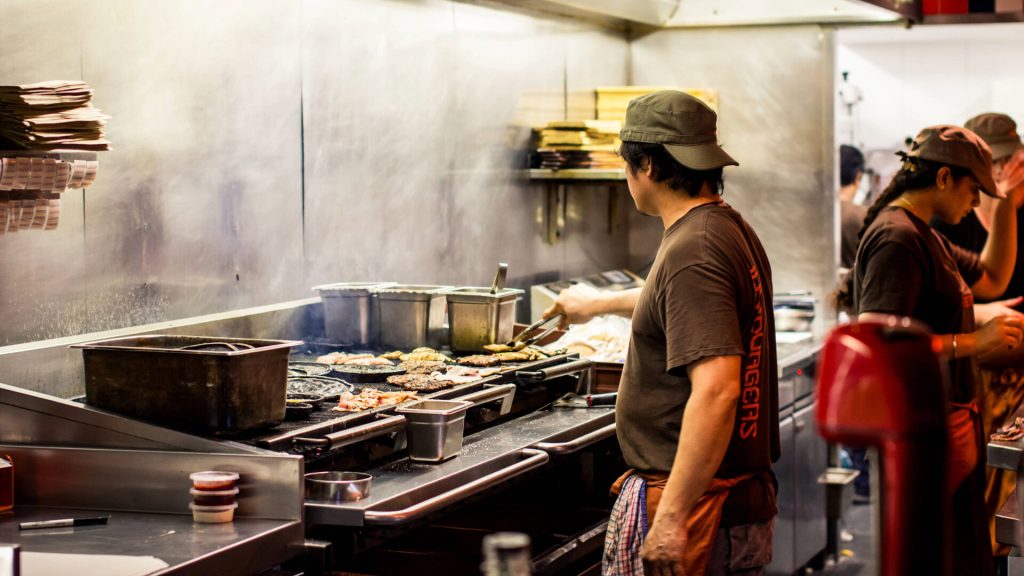
Others have praised the law as a way to get fast food workers close to a livable minimum wage. Even before this legislation, California has the highest minimum wage of any state.
Minimum Wage Tampering Is a Bad Idea
Newsom’s intention to earn minimum wage workers a livable wage might have just backfired. With so many people being sent home from careers they built with fast-food companies, California might start seeing huge unemployment numbers. This is not a good look for a state trying its hardest to make things work.
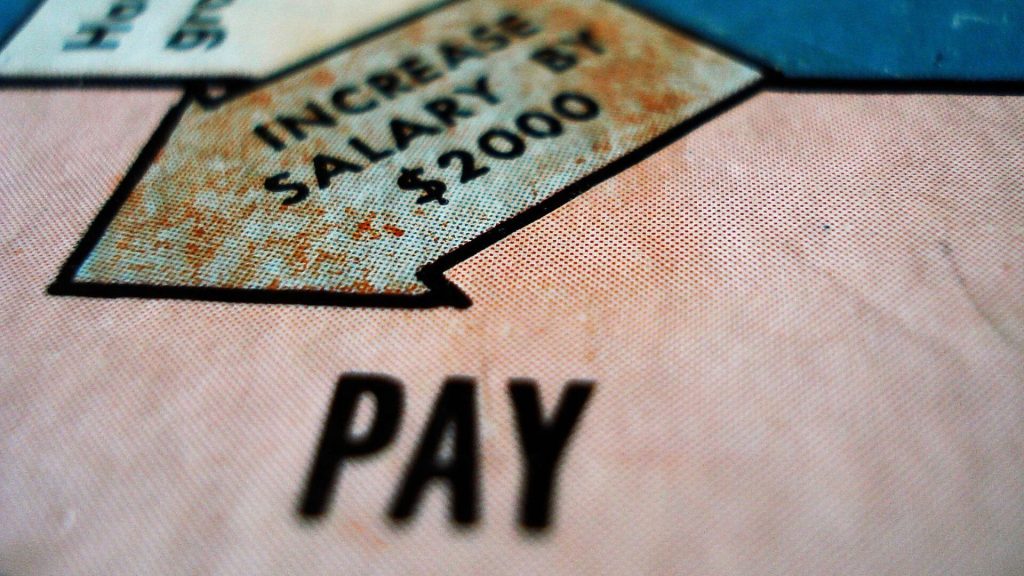
Rampant crime and homelessness, coupled with a housing shortage and high costs of living, make it one of the least desirable places in the country to move to. It seems that by misunderstanding how the economy works, this legislation has made it even more difficult for Californians to get a cheap meal.

